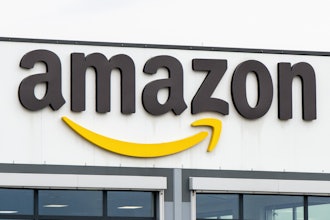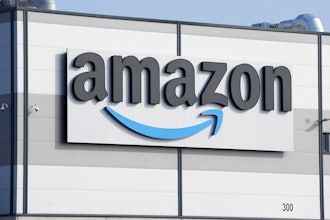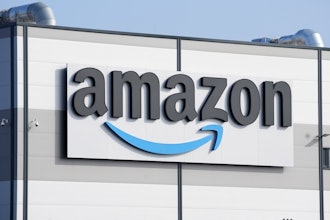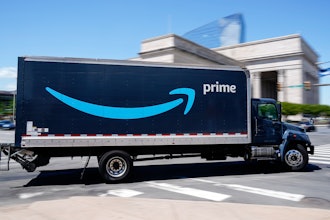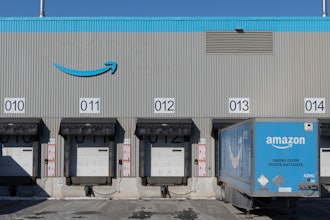
Since launching in 2015, Amazon has overall been tight-lipped about the financial details of its business-to-business supply e-commerce platform, Amazon Business. It's only provided dollar figures covering the scope of that unit a couple times since then, most recently in September 2018 when it stated that Amazon Business global sales had surpassed $10 billion — more than half of which comes from selling partners.
Other than that, the only other thing Amazon Business has repeatedly stated amidst its expansion is that it "serves millions of business customers and hundreds of thousands of business selling partners worldwide."
A respected market analyst firm provided its own analysis of Amazon Business' projected growth over the next four years, sharing a figure that is sure to raise some eyebrows in the industrial supply space.
CNBC reported Dec. 6 that RBC Capital Markets analyst Mark Mahaney said in a note that Amazon Business will reach $31 billion in revenue by 2023 as sales surge to $52 billion over that same period.
“We believe Amazon Business has largely been ignored by investors,” Mahaney said, according to CNBC. "With GMV (gross merchandise volume) over $10B and growing faster than Amazon’s Retail and AWS segments, it continues to gain market share while also triggering seismic changes to e-commerce business models across the industrial distributor landscape, with Underperform-rated Grainger still in the cross hairs,."
Grainger, with 2018 total sales of $11.2 billion, topped Industrial Distribution's Big 50 List for a second-straight year in 2019. Like Grainger, Amazon Business provides a B2B marketplace for a large variety of customers — everything from the manufacturing sector that comprises the majority of business for many small and mid-sized industrial distributors — to non-industrial customers such as schools, colleges, hospitals and offices.
Mahaney noted that, at an estimated three-year compound annual growth rate of 115 percent, Amazon Business' growth has outpaced that of Amazon's traditional retail e-commerce operation (28 percent) and cloud unit Amazon Web Services (48 percent).
According to CNBC, Mahaney said Amazon Business reached $1 billion in sales in its first year (2015) and that it topped 2 million global customers in 2018, along with more than 200,000 business sellers that comprise hundreds of millions of products.
“We believe Amazon is well-positioned to gain market share,” Mahaney added in his Dec. 6 note.
CNBC said RBC estimates the total B2B supply market is $67 trillion — nearly three times the size of the global retail market — and that the B2B world is “inefficiently served,” evidenced by a relatively low amount of online sales.
“Amazon has the right competencies — substantial competences include logistics, large scale, loyal customer base, and technology infrastructure,” CNBC quoted Mahaney.
Amazon Business most recently announced Oct. 29 that it launched in Canada, marking its ninth country it is now available in. Amazon Business is now active in the US, Germany, United Kingdom, France, Italy, Spain, Japan, India and Canada. Those countries represent nine of the 13-largest economies in the world, with the absent ones being China (second), Brazil (ninth), Russia (11th) and South Korea (12th).










